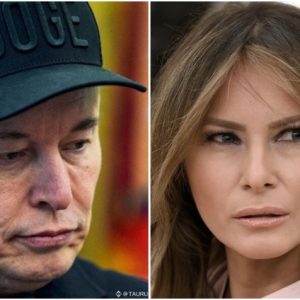
Taylor Swift’s $ 740 million fortune is said to continue to increase after the Eras tour. The singer’s revenue per night is up to millions of dollars.
According to Bloomberg , Taylor Swift is earning more than 13 million USD for each night of the Eras tour. This may be the highest-grossing tour in music history.
Most of the money will go toward production costs, but that doesn’t include the millions of dollars in sales from souvenirs during the Eras tour. The tour is making Taylor Swift the world’s highest-paid artist and marks the biggest tour of her career.
The 33-year-old singer is approaching the milestone of more than $ 1 billion in revenue , a number that no other artist has achieved. According to Pollstar , Eras tour grossed $300 million in just 22 days. Taylor Swift plans to perform a total of more than 50 shows in the US and then abroad. Pollstar estimates that the amount brought in could reach $1.3 billion .
The average ticket price for a Taylor Swift concert is $254 . Bloomberg believes that this is a rather expensive price in the context of concert inflation. Seven of the 25 best-selling shows in the first half of this year in the US cost more than $200 a night. The list includes concerts by singer Bruce Springsteen ( $224 ), the band Phish ( $206 ) and singer George Strait ( $282 ).

Five years ago, the only two artists who sold tickets for over $200 were Britney Spears and Celine Dion. At that time, the average ticket price for an Ed Sheeran concert was $89 .
Since then, the average ticket price of the 25 best-selling concerts has increased by $37 per night. If adjusted for inflation, the increase is about $13.6 . This shows that fares are rising faster than general consumer prices.

Before 2018, almost every ticket cost between $75 and $130 . Now, there are even more concerts by artists with ticket prices over $200 than concerts under $100 .
Coincidentally, 2018 was the last time Taylor Swift toured. The amount that fans have to pay to meet the female singer has increased by 134 USD . But that didn’t stop more than 1.1 million people from buying tickets.






